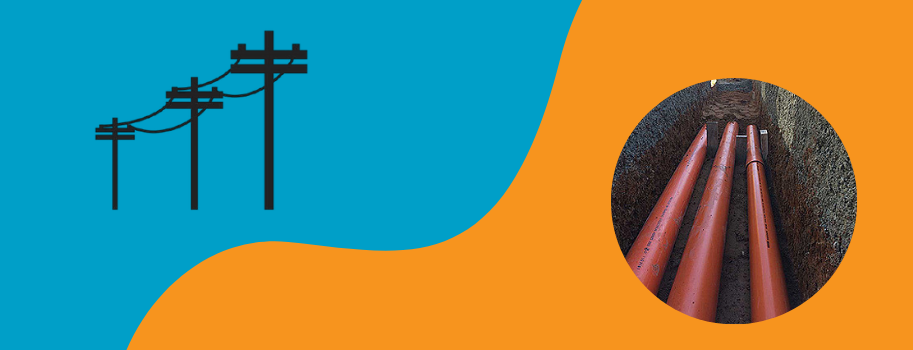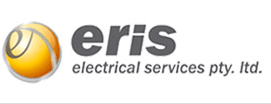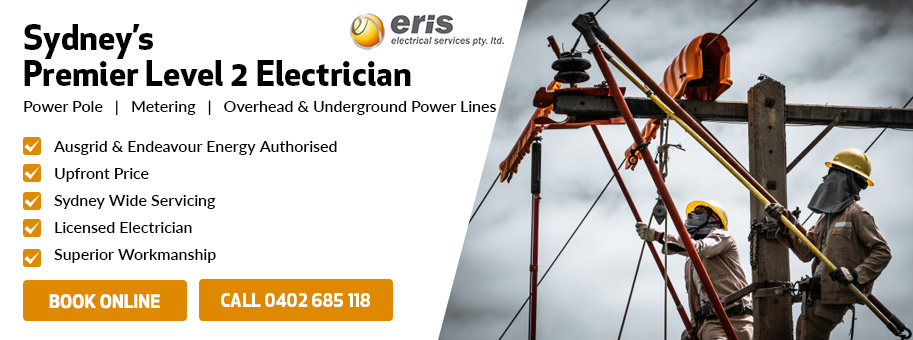
To decide between an underground and overhead power cable system selection, first, you need to know how these cable systems operate and what their benefits and drawbacks are.
Underground Power Cable System
An underground power cable passes under the ground and connected to the property’s meter box and the power received from the street’s network. For new suburbs and some areas in Sydney’s CBD, an underground electrical system is obligatory. Like overhead, underground power cable system comes in single and three-phase options.
Do you think you want to make a shift from overhead power cable lines to underground power cable lines? Well, you need to take the help of a level 2 electrical contractors, who can evaluate your circumstances and accordingly, offer you with the best-suited recommendation.
Benefits of Underground Power Cable System
- Cabling is secured, power lines are safe within the electrical piping passage.
- It needs minimal maintenance.
- Power lines do not inflict any threat to trucks, wildlife and other likely contact crashes.
- Avert illegal connections.
- It is less vulnerable to atmospheric elements.
- Appropriate for highly populated areas.
Drawbacks of Underground Power Cable System
- Any damages to the cabling can’t be spotted.
- If any metal corrosion occurs on electrical pipes, then it can be an element that leads to power line interruption.
- It needs little maintenance; however, when damages are detected, repairing costs are higher.
- Installation costs are dearer. Electrical passage cost more particularly if it’s of high-quality and sturdy.
Overhead Power Cable System
An overhead power cable contains conductors that facilitate electrical flow. Supported by poles, an overhead power cable can transmit electrical energy for long distances. You will most probably see an overhead power cable when you step into your front yard. They pass from the street’s network pole to the property or a private power pole. Typically, overhead power cable range from 100amps to 400amps service, and depending on the property’s requirements, an overhead power cable come in single or three-phase.
For instance, a home requiring basic electricity to run electrical appliances such as television and lighting will need a single-phase supply. Conversely, a house equipped with advanced and more number of electrical appliances — for instance, three air conditioners, one or two refrigerators, microwave, television, computer, lighting and other electrical devices will require a three-phase supply line. Also, a warehouse that powers large industrial equipment would require a three-phase supply line. If a property has more electricity intake, it’s only prudent to set up a three-phase power supply line to avoid overloading issues.
A licensed Level 2 electrician specialised in overhead power cable system can install both one-phase and three-phase electrical supply lines. If you have any doubts concerning the power line cabling system you need to select, contact Eris Electrical Services for residential or commercial property, and we’ll assist you in selecting the best power line cabling system that suits your needs.
Benefits of Overhead Power Cable System
- It is effortless to install overhead power cable system. Similarly, it is easy to replace damaged cables.
- It is inexpensive to upgrade or repair.
- As it is easily visible, any damage to the power lines is easy to spot.
- It is entirely safe from flood and flood-related electrical mishaps.
- Installation of overhead power lines is a quick and uncomplicated affair. If the location is strategically safe, then electrical posts can be installed on any area of your property’s premises.
- Overhead power line cable system has a longer lifespan.
Drawbacks of Overhead Power Cable System
- Not attractive — It could decrease the aesthetics of your property.
- Vulnerable to atmospheric elements including harsh winds, dust, bad weather, animal interruption, moisture and extreme heat.
- Defenceless to damages inflicted by likely vehicle collisions and nearby tree branches and vegetation.
- Prone to lightning impairment.
What Should You Choose – Overhead or Underground Power Lines?
Well, you should choose between an underground and overhead power line based on the following criteria:
- The condition of the area (location).
- Building and electrical laws of a particular state.
- Your budget.
- You need to select a method that provides you with maximum benefits.
Need licensed level 2 electrician in Sydney, get in touch with Eris Electrical today!





 0402 685 118
0402 685 118

 0402 685 118
0402 685 118